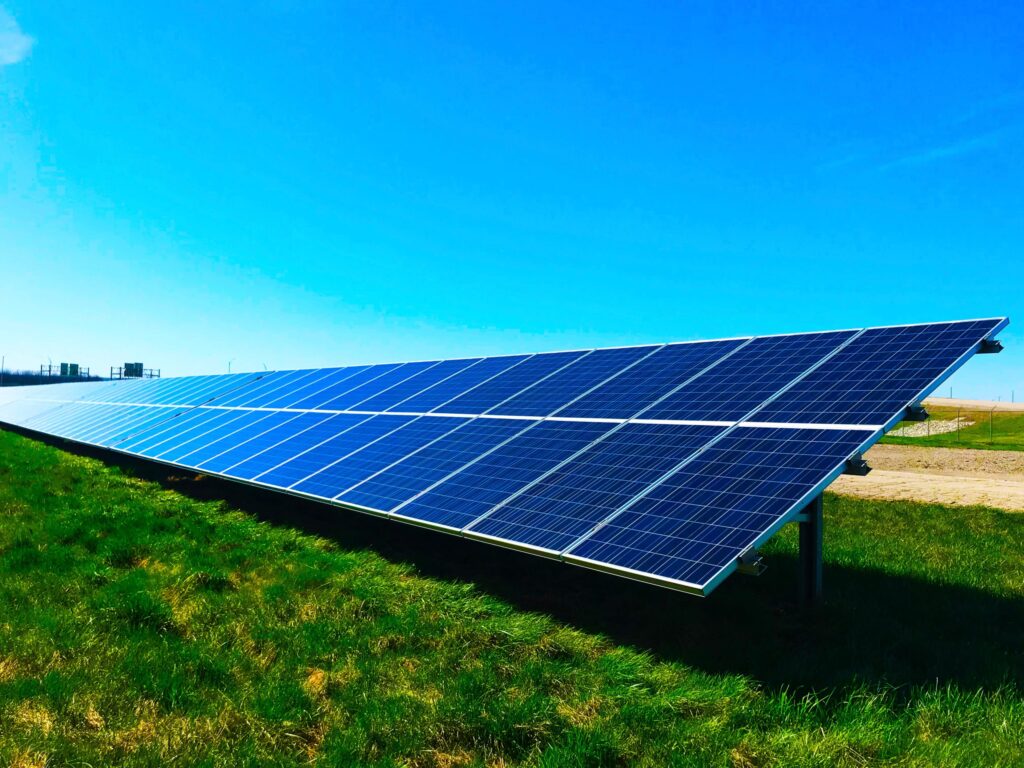Karnataka has the highest installed capacity of renewable energy across all states in the country as of December 2019. This is mainly due to its solar power generation capacity of 7,274.93 MW, which makes up about 48% of the state’s total renewable energy capacity. The wind and solar power generation during December 2019 were higher as compared to December 2018, by 43% and 53% respectively. This shows us that the state has been focusing on solar for the past few years and has added many new projects in the segment.
Having achieved its solar targets, the state is now not looking at developing any utility-scale solar projects. The focus has now been shifted to rooftop solar and solar pump projects. According to a central government estimate, Karnataka has emerged as the best state in the country for rooftop solar projects in the State Rooftop Solar Attractiveness Index (SARAL) 2018-2019 report. This has led to the Karnataka Electricity Regulation Commission (KERC) issuing tariff orders to promote solar rooftop projects on public buildings through net and gross metering methods.
The state commission issued a generic tariff order for solar projects for the period of 1st April 2019 to 31st March 2020. The tariff for grid-connected large-scale solar projects of greater than 1MW capacity but less than 5 MW capacity is Rs. 3.08 per kWh. For grid-connected rooftop solar PV projects of capacity between 1 kW and 2 MW, the generic tariff with a subsidy is Rs. 2.32 per kWh and without a subsidy is Rs. 3.07 per kWh. For grid-connected solar rooftop projects of 1-10 kW for domestic consumers, the tariff is Rs. 3.99 per kWh without a capital subsidy and Rs. 2.97 per kWh with a capital subsidy.
To meet its non-solar Renewable Purchase Obligations (RPOs), the state introduced the Renewable Energy Policy 2016-2022. It aims to achieve a minimum capacity addition of 4,000 MW by 2022 in a phased manner. It focuses on all forms of renewable energy sources including wind-solar hybrid, small hydro, biomass, waste-to-energy, and tidal. The idea of the policy is to make Karnataka an investor-friendly state and by introducing hybrid renewable energy projects, farmers will be able to set up these projects on their lands.
The state’s biomass potential, currently with an installed capacity of 1,883 MW of bioenergy, is also being focused on. Apart from biomass, new projects in the waste-to-energy segment are also being encouraged. However, despite this huge renewable energy potential, Karnataka is limiting further capacity addition due to low demand projections and insufficient corridor for inter-state sale. How these problems are overcome will be the real test for the state government.
Summarized from RenewableWatch

